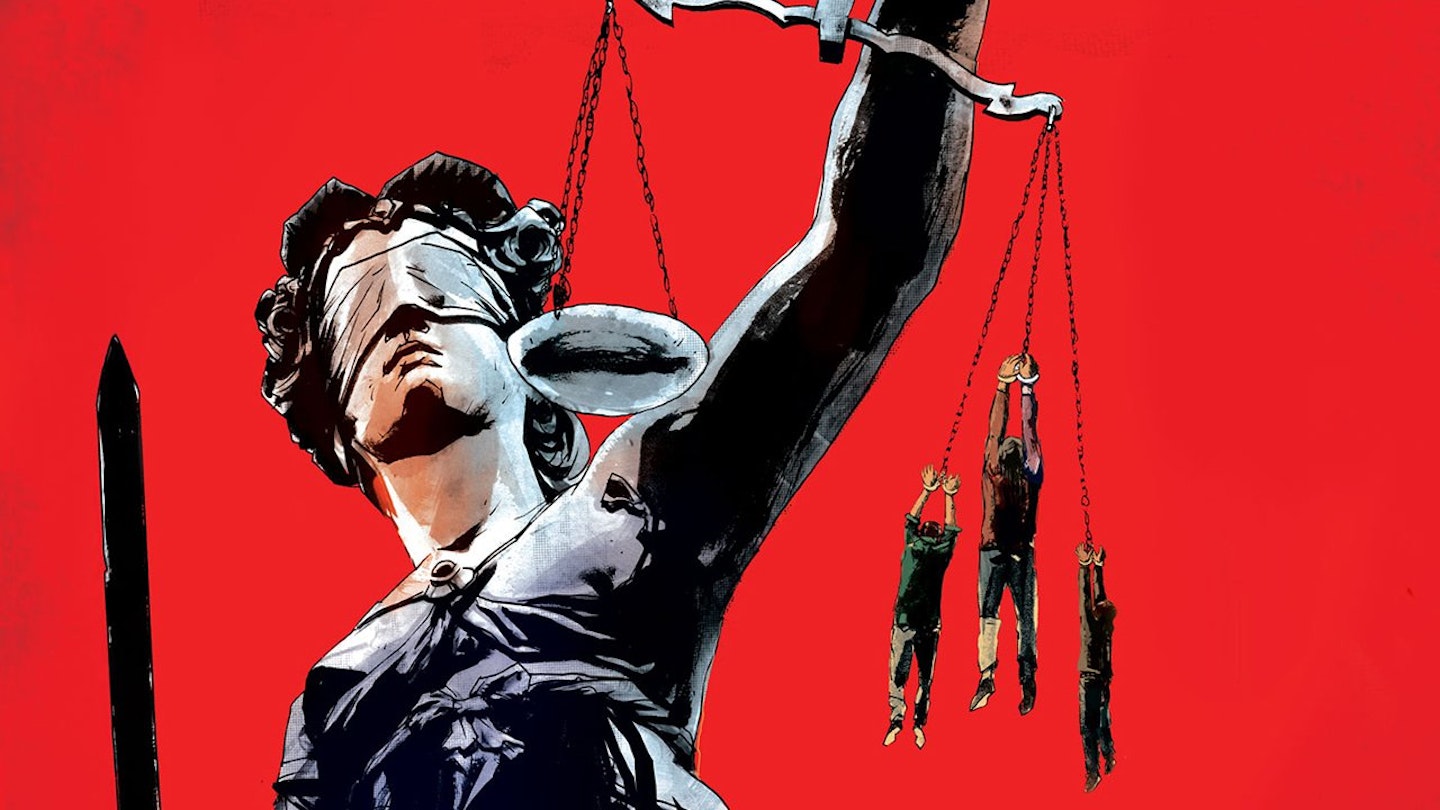Anyone who has been following the awful saga of the ‘West Memphis Three’ will need no prompting to see the latest, ostensibly final, chapter in the true story of the terrible miscarriage of justice that led to three teenagers being found guilty in the court of public opinion before the jury reached a verdict. The sentence for Jessie Misskelley and Jason Baldwin was life in prison, and the slightly older Damien Echols, death. Though later freed, they still remain guilty in the eyes of the law.
The circumstances surrounding the wrongful convictions were first explored in HBO’s 1996 documentary Paradise Lost, which presented a compelling argument that the teenagers had been framed for the crimes, largely on the basis of their outsider status and fondness for heavy metal music. Soon after the documentary was first aired, celebrities like Johnny Depp and Pearl Jam’s Eddie Vedder began to champion their cause, ensuring that neither finance nor faith ever ran out. Two further HBO docs detailed the continuing efforts to overturn the convictions, but it was only when Peter Jackson and Fran Walsh took up the baton that a more thorough re-examination of the evidence became possible. Combining new interviews, archive footage, reconstructions and forensic tests, Berg’s film is the story of the resulting re-investigation, and it is spellbinding: as tragic, horrifying and morbidly fascinating as a motorway pile-up, and with as many victims.
Yet this is not the story of a single injustice, but many: not only did police and prosecutors conspire to frame three innocent teenagers for a capital crime, but also — let’s not forget — the real culprit, a multiple child murderer, remains at liberty. Those expecting West Of Memphis to be the last word on the subject may be dismayed by the Zodiac-like absence of closure. Damien, Jason and Jessie may have won their freedom, but despite the mountain of exonerating evidence, the struggle to prove their innocence and find the real killer — or killers — goes on.
